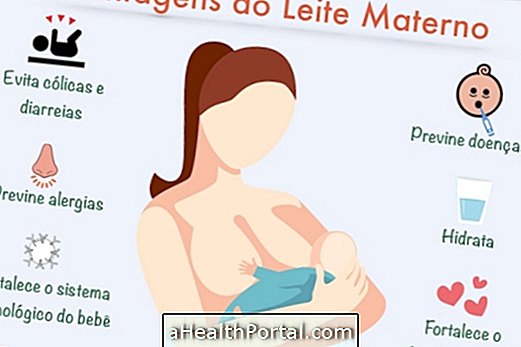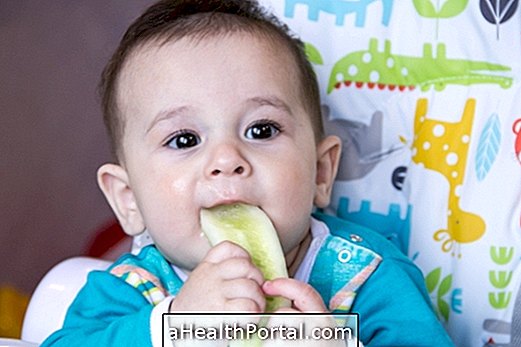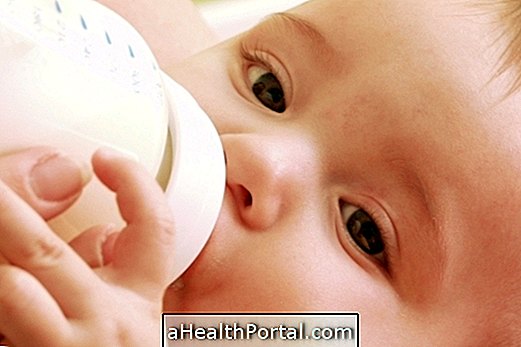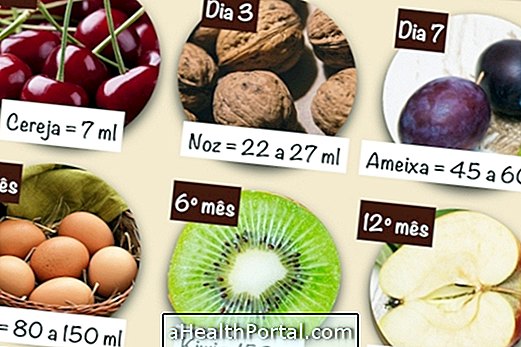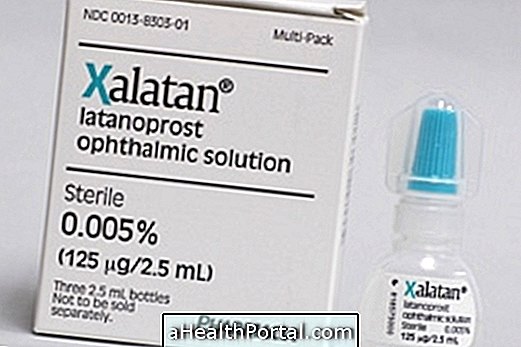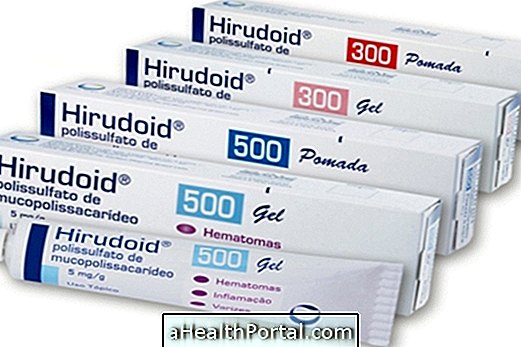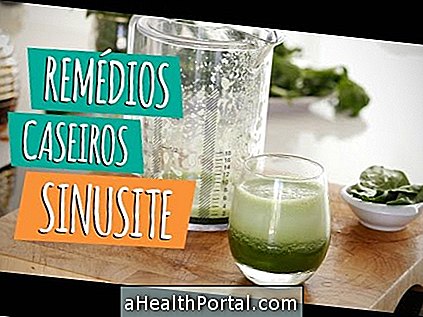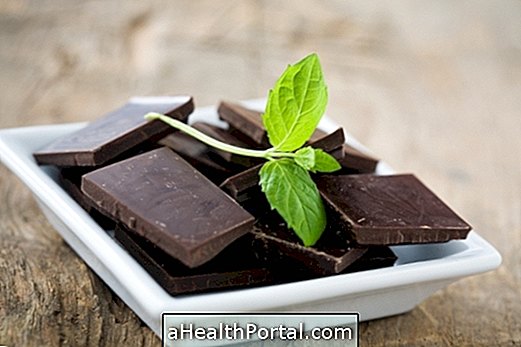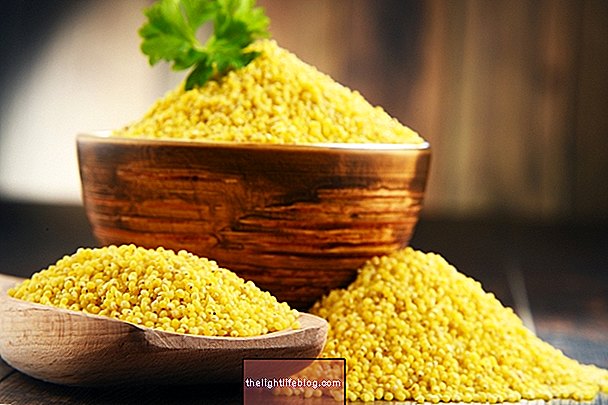Soy milk should only be offered as food for the baby if the pediatrician recommends it, as in cases where the baby can not be breastfed, or when he develops cow's milk allergy or in some cases of lactose intolerance.
Soy milk in the form of infant formula is made from soy protein and various nutrients that are essential for baby's growth. On the other hand, conventional soy milk, also known as soybeans, is low in calcium and has less protein than cow's milk. It is recommended only for children older than 2 years and only according to the pediatrician's instructions.

Disadvantages and Dangers of Soy Milk
Being in a growth and development phase, the consumption of soy milk by infants can lead to problems such as:
- Lower calcium content than cow's milk, generally having artificially added calcium by the industry;
- Calcium is difficult to absorb in the intestine because soya milk contains phytates, a substance that reduces calcium absorption;
- It does not contain important nutrients like vitamins A, D and B12, and it is necessary to look for formulas that have these vitamins added;
- Increased risk of developing allergy, because soy is an allergenic food, and may cause allergies especially in babies who are already allergic to cow's milk;
- It contains isoflavones, substances that act as the hormone estrogen in the body, and can lead to effects such as premature puberty in girls and changes in the development of breast tissue.
These problems can arise mainly because milk is the basis of infant feeding until the 6th month of life, which makes them exclusively from soy milk and its limitations.
When to use soy milk
According to the American Academy of Pediatrics, soy milk should only be used for babies in cases of congenital galactosemia, which is when the baby can not digest any product from cow's milk, or when the child's parents are strictly vegan and are not willing to offer cow's milk to the child.
In addition, soy milk can also be used for babies who are allergic to milk, but not to soybeans, which can be identified through allergy tests. See how the test is done to detect allergies.

What other milk can be used for the baby
When the baby is lactose intolerant, it is an easier problem to control and lactose-free infant formulas such as Aptamil ProExpert lactose-free, Enfamil O-Lac Premium or soy-based milks may be used, according to your pediatrician's advice.
But in cases where the baby is allergic to cow's milk, it is usually avoided to use soy-based milks because soy can also cause allergies, so it is necessary to use milks based on free amino acids or extensively hydrolyzed proteins, as is the case of Pregomin pepti and Neocate.
For children over 2 years old and with cow's milk allergy, your pediatrician may recommend the use of soy milk or other vegetable drinks, but it is important to remember that they do not bring the same benefits as cow's milk. Thus, baby feeding should be varied and balanced, preferably targeted by a nutritionist, so that it obtains all the nutrients necessary for its development. Learn How to choose the best milk for newborn.

